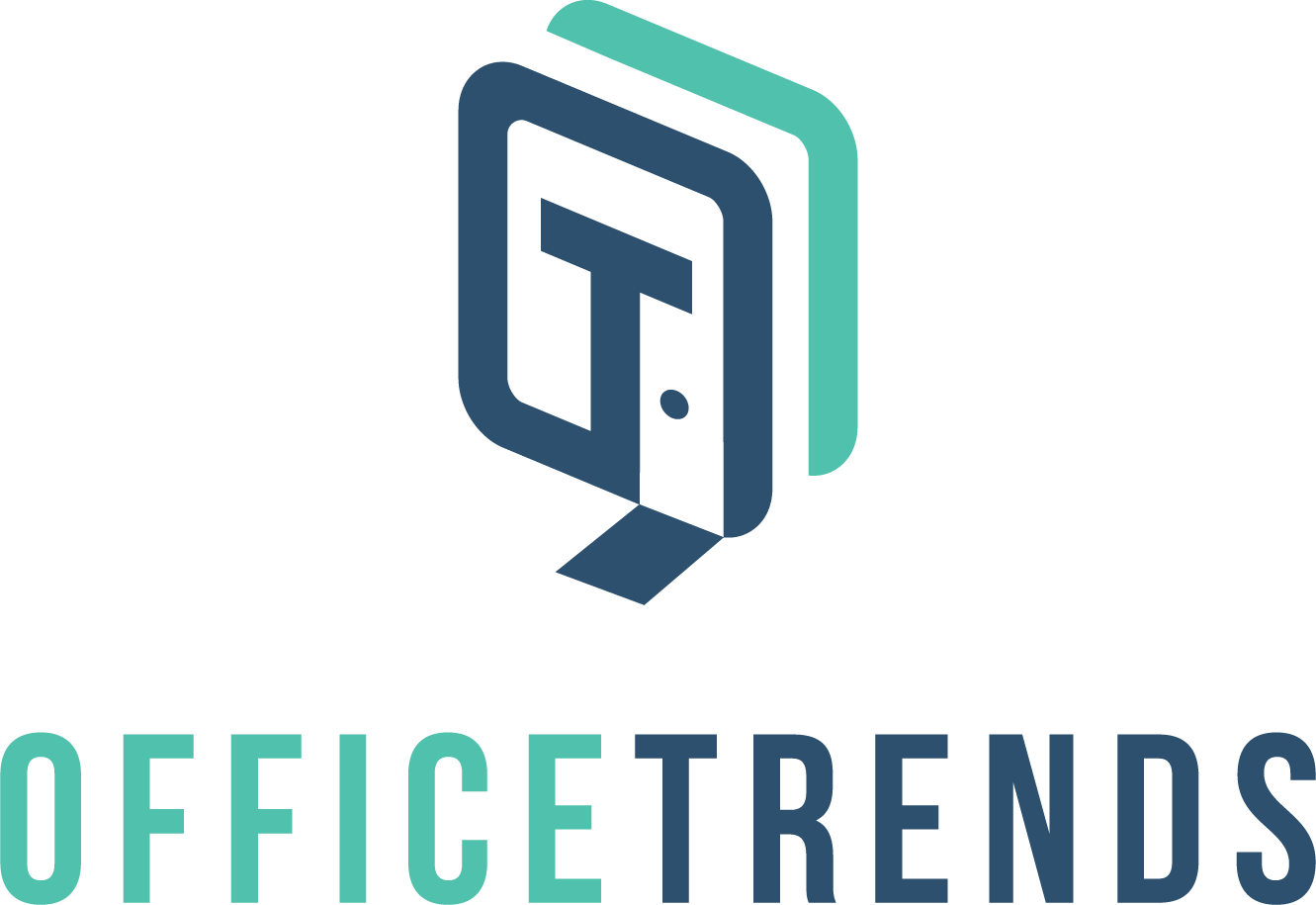This guest post is a part of Technical.ly's Office Trends month.
You know when you can walk into an office and get an immediate vibe? You can almost see the energy in a place and immediately know what it’s like to work there.
As you get to know the team, you start to learn their working dynamics: how they communicate with each other and how they solve problems together.
That vibe is what folks in the human resources world call EQ, or emotional quotient. EQ is the ability to understand your own emotions and the emotions of others. As the science around EQ improves, it’s never been more clear how much it impacts the quality of a workplace. But there’s still a lot to learn.
When I think back on companies I worked for in the past, I reflect on the times when things were going well and when they weren’t. When we were going through a rough spot, it often had to do with the team’s emotions and how we were handling the situation in front of us. The better companies were not only competent enough to make things go well, but had enough EQ and emotional resilience to get through roadblocks and challenges in a progressive and healthy way.
What became important to me is working somewhere that cared just as much about how people felt as much as they cared about how they performed.
Of all the challenges to undertake in developing (or redeveloping) company culture, embedding EQ is among the most amorphous. To many, the concept is ambiguous and not clearly understood, and lacks a clear, repeatable plan for execution. On top of that, every organization is different and full of different personas, people and goals. No one size truly fits all.
As the Chief Revenue Officer of GoCoach, I spend my day partnering with clients to better invest in their talent. What we’ve learned through the process is that most companies face similar challenges around how they prioritize the people who walk through the door and do the work every day.
We’re learning quickly how we can help companies learn what their EQ is and how to measure it; how companies can execute and maintain a plan for EQ; and what best practices are being implemented by leading companies.
As part of Technical.ly’s Office Trends editorial calendar month, we’re hosting an online HR Roundtable to help companies improve EQ. Register here to watch tomorrow, Wednesday, Dec. 5, at 3pm.
We’ve got a great group of speakers from the business world, including Meredith Haberfeld, CEO of ThinkHuman; Siobhan O’Leary, SVP People at Convene; Elise James DeCruise, VP of L&D of MediaMath; and our own Kristy McCann Flynn, CEO of GoCoach. Plus, EQ expert
Dr. Hank Clemons, author of EQ is for Everyone.
And if you’re short on time, we’ve put together a quick list of must-read articles and videos that can help you get immersed in EQ, whether you’re just starting or are looking for new paths. We hope you’ll join us for the roundtable, or learn something new today.
Body language matters in the workplace
Vanessa Van Edwards and her lab researchers discuss how people work. This talk specifically focuses on how body language and communication more generally impact our emotional perception. How can you be 12.5% more impactful? Watch to find out.
Empathy can improve the hiring process
We love this Technical.ly article that shares the perspective of a jobseeker on the hunt. Remember people, the job search is hard, no matter who you are.
Learning in the workplace is getting a reboot
Lisa Kay Soloman leads an interview with Chris Pirie, GM of worldwide learning at Microsoft. The discussion focuses on three of the most disruptive developments are changing the future of how and what we learn at work.
Join the conversation!
Find news, events, jobs and people who share your interests on Technical.ly's open community Slack

Delaware daily roundup: Delmarva Power vendor stats; DelDOT's $15M federal grant; 50 best companies to work for

Delaware daily roundup: Over 4,000 Black-owned businesses uncovered; Dover makes rising cities list; a push for online sports betting

Philly daily roundup: East Market coworking; Temple's $2.5M engineering donation; WITS spring summit




